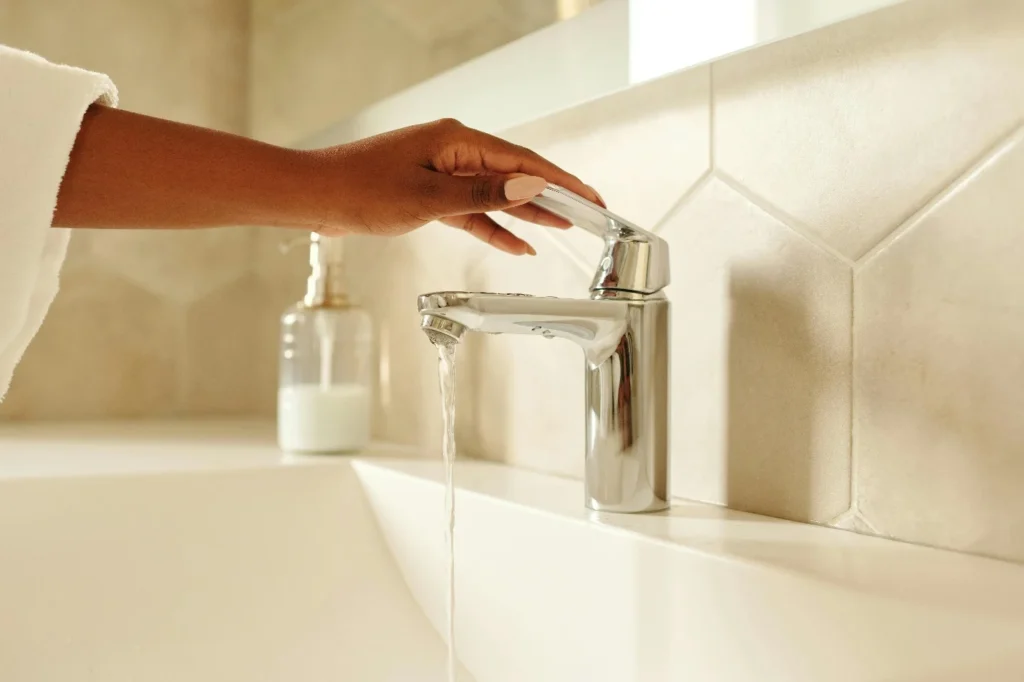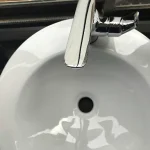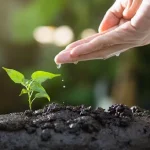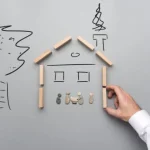Saving water is becoming increasingly important for both environmental and financial reasons. By making a few simple changes around your home, you can reduce your water consumption, lower your utility bills, and contribute to a more sustainable future. These tips are easy to implement and can make a big difference in your household’s efficiency.
Let’s explore some tips to help you manage your water use effectively and responsibly.
Fix Leaks Immediately
Leaky faucets and pipes might seem like minor issues, but they can waste a surprising amount of water over time. A dripping tap can lose several gallons per day, which adds up quickly. Regularly check for leaks in your home, especially in bathrooms, kitchens, and basements. Replacing worn-out washers or tightening connections can often solve the problem. If you’re unsure how to fix a leak, consider calling a professional to ensure the repair is done correctly.
Upgrade to Water-Efficient Fixtures
Modern fixtures are designed to reduce the amount of water needed for daily tasks. Low-flow showerheads, faucets, and dual-flush toilets use less water without affecting performance. These upgrades are easy to install and can make a noticeable difference in your monthly utility bills. When shopping for fixtures, look for products labeled as water-saving or efficient.
Monitor Usage with Advanced Tools
Tracking how much water you use can help identify areas where you can cut back. Advanced tools like water flow meters from Bluebot are an excellent way to measure your usage accurately. These devices provide real-time data, making spotting unusual patterns, such as leaks or overuse in certain areas easier. Installing a meter is a practical step toward improving efficiency and gaining better control over your home’s consumption.
Install Smart Irrigation Systems
Outdoor watering can account for a significant portion of household usage. Smart irrigation systems use sensors and weather data to adjust watering schedules automatically. This ensures your lawn and garden get the right amount of water without waste. You can program these systems to work only when needed, saving time and resources.
Collect and Use Rainwater
Rainwater harvesting is a simple way to supplement your home’s supply. Setting up a collection system, such as a rain barrel, allows you to store runoff from your roof for use in your garden or other outdoor activities. This method reduces reliance on your main supply and is especially useful during dry seasons.
Use Appliances Efficiently
Household appliances like dishwashers and washing machines are essential but can use a lot of water if not managed properly. Always run these appliances with full loads to maximize efficiency. Many modern models come with eco-friendly settings that use less water and energy. Consider upgrading to newer, more efficient models if your appliances are old. Look for ENERGY STAR-certified products, which are designed to conserve resources without compromising performance.
Opt for Drought-Resistant Landscaping
Outdoor spaces can consume large amounts of water, especially if a lawn requires frequent watering. Drought-resistant landscaping, also known as xeriscaping, is an excellent alternative. By planting native or drought-tolerant plants, you can create a beautiful garden that requires less maintenance and water. Adding mulch around plants can also help retain moisture and reduce evaporation.
Insulate Your Pipes
Hot water pipes that are not insulated lose heat as the water travels through them. This can lead to increased waste because you may need to let the tap run longer to get hot water. Insulating your pipes helps retain heat, allowing hot water to reach your faucets faster. Pipe insulation is inexpensive and easy to install, making it a simple yet effective way to improve efficiency.
Educate Your Household
Water-saving efforts are most successful when everyone in the household is on board. Talk to your family about the importance of conserving this vital resource. Encourage simple habits, like turning off the tap while brushing your teeth or using a timer to limit shower time. Getting children involved can be especially effective, as they can develop good habits early in life.
Regularly Inspect and Maintain Your Plumbing
Routine maintenance can prevent major problems down the line. Inspect your plumbing system periodically for leaks, corrosion, or other issues that might lead to inefficiency. Hire a professional plumber for a thorough check if needed. Regular maintenance ensures your system works efficiently and prolongs its lifespan, saving you money in the long term.
Improving water efficiency at home is easier than you might think. Following these ten tips can reduce waste, save money, and contribute to a more sustainable future. Simple steps like fixing leaks, upgrading fixtures, and using tools like flow meters can have a big impact. Start small, involve your family, and make changes one at a time. Your efforts will pay off both for your home and the environment.







